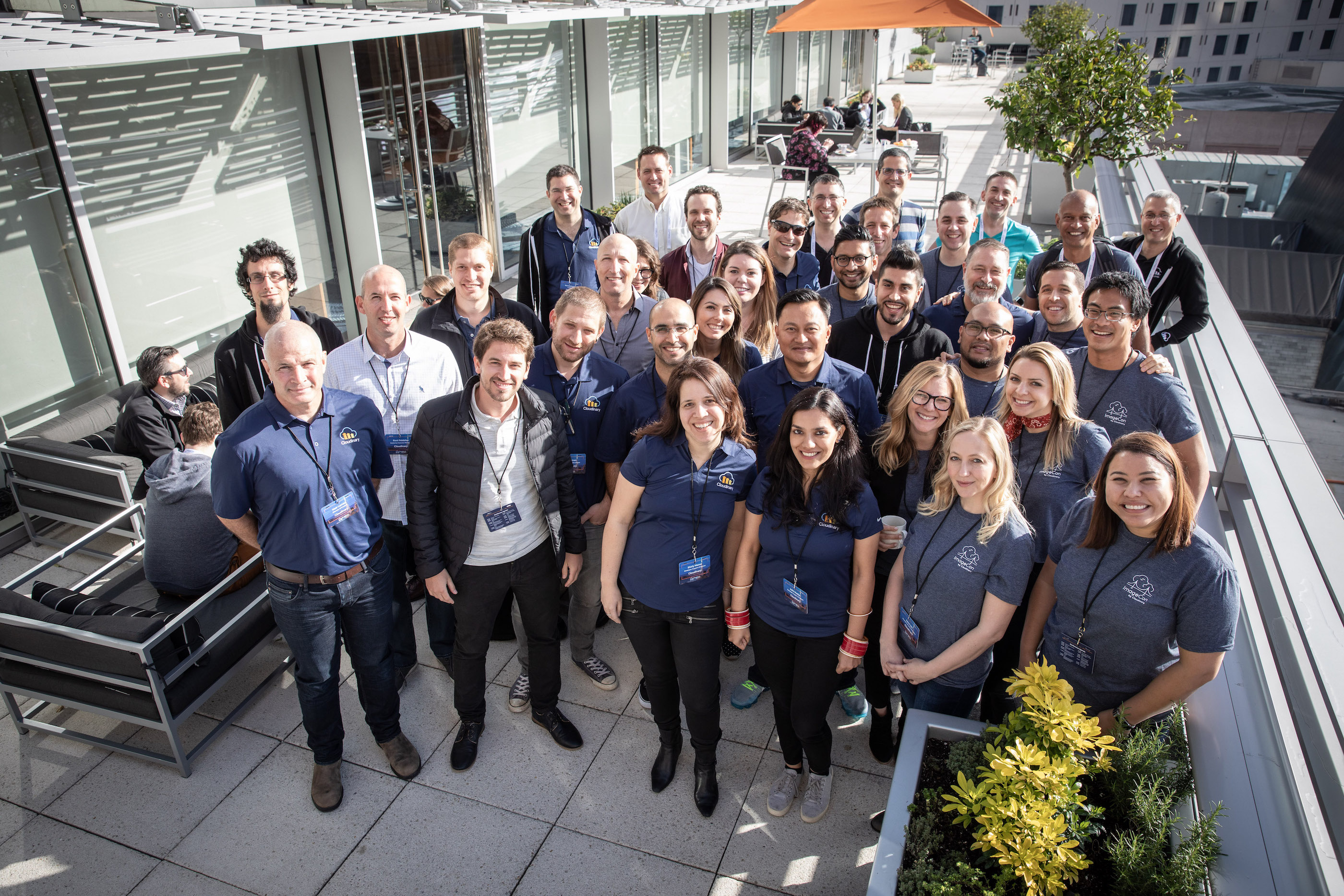Beyond Human Capabilities: The Power of AI in Automating Complex Tasks

Artificial Intelligence (AI) has increasingly become a transformative force in various sectors, pushing the boundaries of what's achievable beyond human capabilities. This comprehensive exploration delves into how AI is automating complex tasks, enhancing efficiency, and reshaping industries.
Introduction
AI's integration into everyday processes has marked a significant shift in how tasks are approached and executed. This technology is not just about replicating human actions but also about surpassing human limitations, offering precision, speed, and efficiency that were once unattainable.
The Evolution of AI in Task Automation
From Simple Automation to Complex Problem-Solving
The journey of AI from executing simple, repetitive tasks to solving complex problems is remarkable. Early forms of automation relied on basic algorithms, but today's AI systems utilize advanced machine learning and deep learning techniques.
Breakthroughs in Machine Learning and Deep Learning
Recent breakthroughs in machine learning (ML) and deep learning have been pivotal. These technologies enable AI to learn from data, identify patterns, and make decisions with minimal human intervention.
AI in Automating Complex Tasks
Data Analysis and Pattern Recognition
AI excels in analyzing large volumes of data, identifying trends, and recognizing patterns that are not immediately apparent to humans. This capability is invaluable in fields like finance, healthcare, and scientific research.
Natural Language Processing (NLP)
NLP, a branch of AI, has revolutionized how machines understand and interpret human language. From voice assistants to translation services, NLP allows AI to perform tasks involving complex language nuances.
Robotics and Physical Task Automation
AI-powered robotics are increasingly employed in industries for tasks requiring precision and endurance beyond human capabilities. These robots are instrumental in manufacturing, logistics, and even in performing delicate surgeries.
The Role of AI in Various Industries
Healthcare
In healthcare, AI is automating diagnostic processes, predictive analytics, and patient care management. AI algorithms can analyze medical images, predict patient outcomes, and assist in developing personalized treatment plans.
Finance
The finance sector leverages AI for automated trading, fraud detection, and risk management. AI's ability to analyze market trends and financial data quickly and accurately enhances decision-making processes.
Manufacturing
In manufacturing, AI automates production lines, quality control, and supply chain management. AI-driven systems optimize operations for efficiency and accuracy, reducing downtime and waste.
Transportation and Logistics
AI transforms transportation and logistics through route optimization, autonomous vehicles, and predictive maintenance. These advancements lead to more efficient logistics management and safer transportation systems.
Advantages of AI in Automating Complex Tasks
Enhancing Efficiency and Productivity
AI's ability to perform tasks faster and more accurately than humans significantly boosts efficiency and productivity. This advantage is crucial in industries where speed and precision are vital.
Reducing Human Error
By automating complex tasks, AI reduces the chances of errors that are common in manual processes. This reliability is especially important in high-stakes environments like healthcare and aviation.
Scalability and Continuous Operation
AI systems can operate 24/7 without fatigue, enabling continuous productivity. This scalability is essential for businesses looking to expand their operations without proportional increases in labor costs.
Challenges and Ethical Considerations
Addressing the Skill Gap
The rise of AI has created a demand for new skills and expertise. Bridging this skill gap is a challenge for industries aiming to fully leverage AI capabilities.
Ensuring Data Privacy and Security
As AI systems rely heavily on data, ensuring the privacy and security of this data is paramount. This challenge is intensified by the increasing sophistication of cyber threats.
Ethical Implications and Bias in AI
The ethical implications of AI, including the potential for inherent biases in AI algorithms, pose significant challenges. Ensuring that AI decisions are fair and unbiased is crucial for their acceptance and effectiveness.
The Future of AI in Automating Complex Tasks
Advancements in AI Technologies
The future will see continued advancements in AI technologies, leading to even more sophisticated and capable systems. These advancements will open new possibilities for automating complex tasks.
Integration with Emerging Technologies
AI's integration with other emerging technologies like IoT (Internet of Things), blockchain, and augmented reality will enhance its capabilities. This convergence will lead to innovative applications and solutions.
Preparing for a Highly Automated World
As AI continues to evolve, preparing for a world where automation is ubiquitous becomes essential. This preparation involves adapting workforce skills, updating regulatory frameworks, and ensuring ethical use of AI.
Conclusion
The power of AI in automating complex tasks is a testament to the remarkable advancements in technology. AI's capabilities extend far beyond human limitations, offering efficiency, precision, and decision-making prowess that redefine what's possible. As industries continue to harness this power, AI will not only automate tasks but also drive innovation, reshape business models, and create new paradigms in productivity and efficiency. The future of AI in task automation is not just about replacing human effort but augmenting it, leading us into an era where
human potential is unleashed like never before.